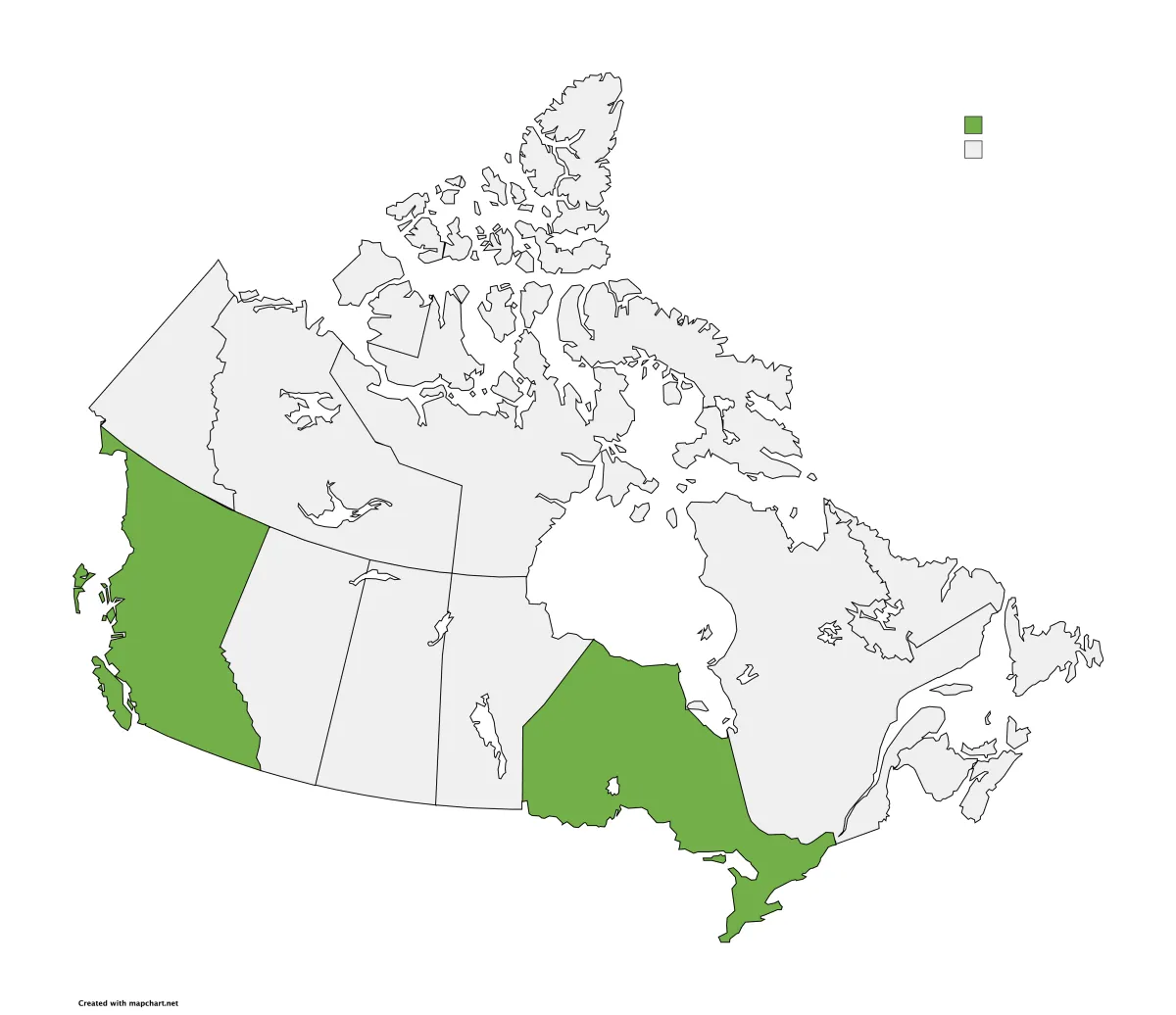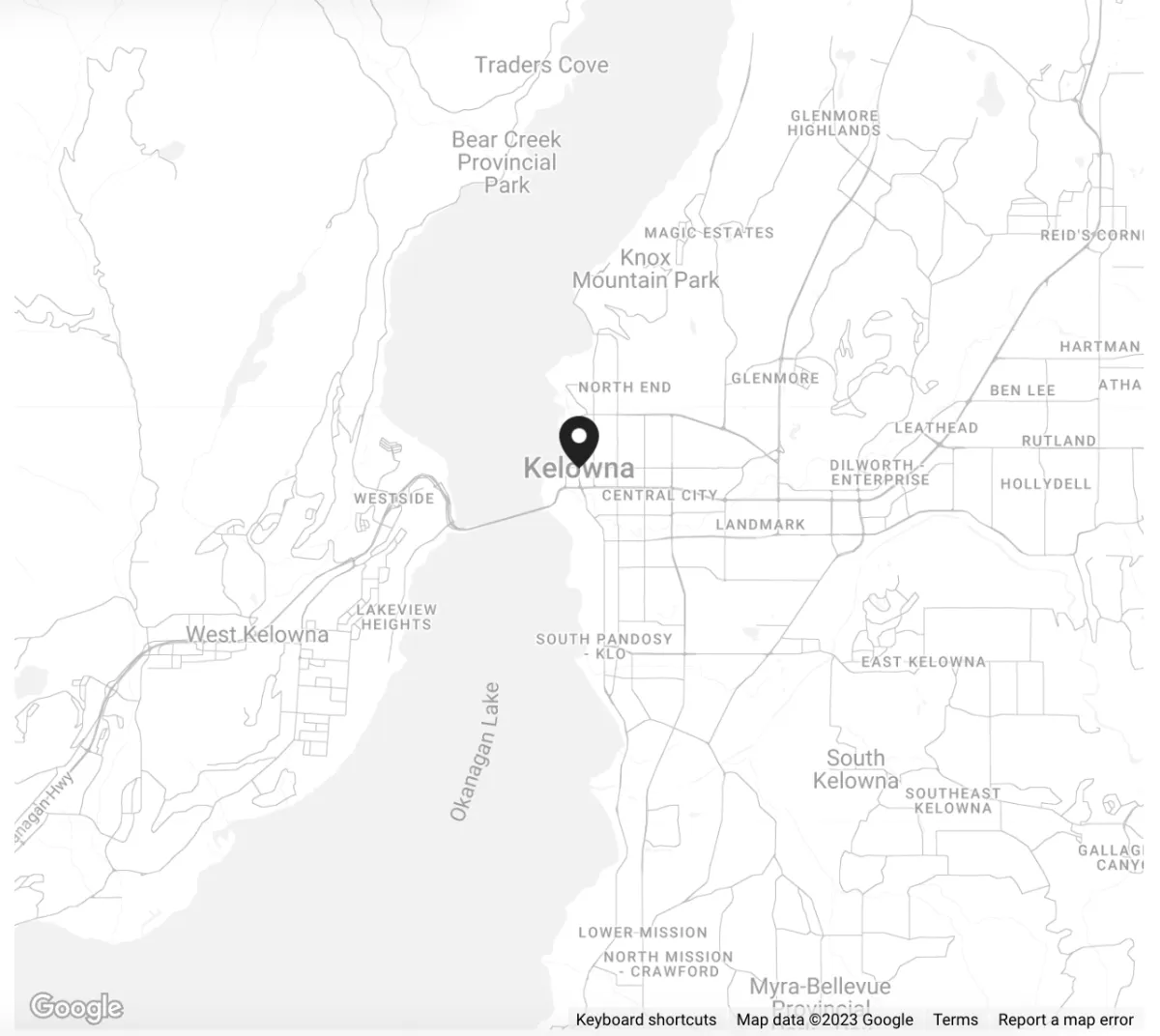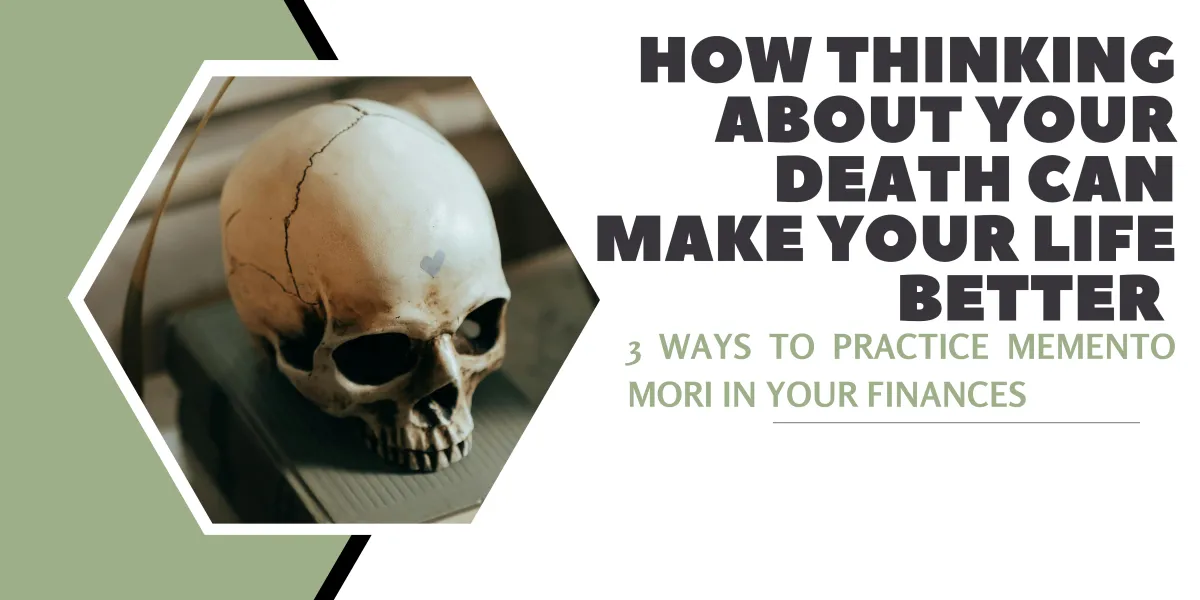
Services Tailored to Your Needs
Financial Consultations
A Financial Needs Analysis (FNA) is a complimentary service that shows you where you are financially, what you are doing well, and where you could use help. This is the first step to achieving your definition of wealth.
Make sure you have your financial "ducks in a row"
Uncover or discuss your financial goals
Create a tailored plan to take action to achieve your goals
Family/Income Protection
Based on your Financial Needs Analysis, we may find that your family and/or personal income needs protection, otherwise known as insurance. Insurance strategies will ensure that your household is protected against life's unexpected events.
Term life insurance
Whole life insurance
More...
Investing
We offer 2 main ways to invest: (1) Wealth Building and (2) Cashflow-planning
Wealth Building Strategies get you set up with registered account and investment vehicles to systematically build your wealth over time in a way that fits your personal goals. These products are great for families earlier in life.
Cash Flow Planning is typically best for those of you who are closer to retirement or have experienced a life event (like selling a business) that requires you to look at how the next chapter of your life will be funded.

Confidence that you’re working towards your wealth goals
No more money anxiety keeping you up at night. We’ll cut through confusing financial terms and concepts, making sure that you understand and feel empowered in your financial decisions.

A tailored financial plan made just for you and your family
We’ll work through what wealth means to you and show you steps that can be taken to get you there. We understand your definition of wealth is unique, and so should your plan.

On-going support to adapt to the changes in your life
We’re here to support you over the long term. As your life changes, so do your financial needs.
Secure your financial future.
Click below to book your FREE consultation.
Meet Our Team

Cody Boekestyn,
Financial Advisor

Ayla De Grandpré, Communications & Marketing Specialist
"Working with Cody has been nothing short of fantastic. He's down to earth, knowledgeable, and explains concepts in a way that I can understand. Unlike previous experiences with financial advisors, I can genuinely say I feel more comfortable and confident in my retirement future ever since I started working with him..."
- Mark, Obsidian Financial Client
Our Location and Where We Work with our Clients
We’re currently situated in the beautiful city of Kelowna, British Columbia. We work with people like you who live in British Columbia, and Ontario, Canada. Most of our appointments take place virtually, however we may be able to meet with you in person if you live in the Kelowna area.


Our Blog

How Thinking About Your Death Can Make Your Life Better: 3 Ways to Practice Memento Mori in Your Finances
In his personal journal, Meditations, Roman Emperor Marcus Aurelius famously wrote,
“You could leave life right now. Let that determine what you do and say and think”.
Sounds a bit ominous at first glance, doesn’t it? Well, let me tell you why you might actually want to start thinking about your death.
In this article, we'll cover:
What Memento Mori is and why it should be your new mantra
Practicing Memento Mori like you have one week left to live
Practical tips to practice Memento Mori in your daily life
3 ways to use Memento Mori in your finances

Understanding Memento Mori
When Marcus Aurelius wrote the quote above, he was drawing on the stoic idea and practice of “Memento Mori” (latin for “remember you will die”). Contrary to what you might think, thinking about your death doesn’t mean living life in fear, and it also doesn’t equate to the modern-day idea of YOLO.
Instead, Memento Mori reminds us to think about and accept the impermanence of life, and accept that, one day, we will die. It's a simple fact: one day, you will die.
Memento Mori is more than that, though. It’s a reminder not to take things for granted, like the small moments cuddled up on the couch with our loved ones.
It’s the reality check that we often need to create priority and meaning in life. Think about anyone who's had a near-death experience, beating cancer for example. According to a study published in the Journal of Health Psychology, these individuals often come out of the experience with a heightened sense of life's value, leading them to make more meaningful choices. Generally, they live life fuller, and more in alignment with what they want in life.
Memento Mori helps us come off of auto-pilot in life, so we don’t wake up one day on our deathbed, wondering where our time went and why we didn’t live the life we wanted all along. This is, afterall, one of humanity’s most common regrets according to a psychological meta-analysis (fancy way of saying a study of studies) looking at what we regret most in the end and why.
So, if thinking about our mortality can help us live fuller, and more in alignment with our values, how do we practice it? And what does this have to do with finances?
I promise I’ll answer these questions, but first humour me…

Practicing Memento Mori: Life as if you have One Week Left To Live
Imagine you have one week to live. One week??? Yes, one week.
Now, think about who you would spend your last week on earth with…
Think about what you would do.. For me, that would probably mean eating chocolate fondue everyday and hiking all of my favourite spots with my family.
Finally, what would you need to do to make sure that you felt at peace, and that your loved ones would be cared for after your passing? And, are you on track to have those things in place?
The stoic philosophy teaches us that we should try to control the controllables, and not worry about the rest. As the Greek Philosopher Epictetus writes,
“There is only one way to happiness and that is to cease worrying about things which are beyond the power of our will”.
Are you on track to live a life that fulfills your hopes and dreams?
Do you have a plan in place so that your loved ones are taken care of when you die?
If not, why not???

Practicing Memento Mori in Life
There are so many ways that you can start to practice Memento Mori in your personal life. For example, you could add:
Time for daily reflection
One of the best ways to practice Memento Mori is to find a few moments, maybe at the end of your day, to reflect on your mortality and to observe your actions and choices that day to see if they were in alignment with what you truly want in life. Yes, you have time to do this. It takes literally 2-3 minutes and can be done silently in the privacy of your own mind.
Mindful decision-making
Anytime you have a decision to make, be it whether you’ve been offered a new job or you’re making plans to move to a new city, it should pass through the Memento Mori test. Think of Memento Mori as a strainer. Anything that passes through it should meet the standards and values of life that you set out for yourself. If not, no matter how great of an opportunity it is, you must set it aside. After all, every great opportunity is not a great opportunity for you.
Appreciation and gratitude
Thinking about your death first thing in the day can often make that first sip of coffee in the morning taste extra good. It makes the day seem brighter. A study in the Journal of Positive Psychology found that this practice of daily gratitude coupled with awareness of mortality can significantly enhance one's overall well-being. You might consider setting yourself an alarm or simply pasting a sticky note wit the works “Memento Mori” on your bathroom mirror so you can see it while you brush your teeth.
Okay, that’s all great, but this is a blog about money and finance. So, what’s Memento Mori got to do with finance?
I’m glad you asked…
3 Ways to Practice Memento Mori in your Finances
Like in your personal life, using Memento Mori for your finances can be really life-changing.
It makes you more conscious about the way that you’re spending your money everyday. Yes, you may want that ferrari, but what would really fulfill you is building a home in the mountains where your children can grow up happy and healthy.
It makes you think about the future, and what will happen to your family financially when you inevitably die. Will they be taken care of? Will the quality of their lifestyle suffer? Who will pay for your costs of death?
This is where Memento Mori and financial services intersect.
So, what are the 3 ways we can use Memento Mori in our finances?

1. Mindful Budgeting
Memento Mori is NOT to tell you not to buy that ferrari if that's what you value. It’s just going to remind you to think about what your priorities are - What is a wealthy life to you? What is the priority? When thinking about our death, we can start to really understand who and what is important, and build a budget and financial plan that puts these things front and center. A study in the Journal of Consumer Research draws the connection between mindful spending and an awareness of life's finiteness, telling us that this leads to more fulfilling and value-driven financial choices. Starting a financial analysis with a financial planner is generally the first step to doing this, but if you’re already comfortable with finances and can hold yourself accountable, this is probably something you can do on your own too.

2. Life Insurance
If you’re like most people, you probably would have answered that you’d like to spend most of your time with your family during the last week of your life. These are the people we care deeply for. Memento Mori reminds us that at any time, not just when we’re 100 and have lived our life fully, we could die. You might have a life insurance policy to protect your loved ones and their quality of life when they die. That’s fantastic. If you don’t though, why don’t you?

3. Future-Oriented Investment
Reflecting on our mortality also encourages a future-oriented approach to investments. While it might sound contradictory, research in the field of behavioral economics suggests that awareness of life's impermanence can lead to more prudent, long-term investment strategies, as individuals prioritize stability and legacy over short-term gains. This approach often involves diversifying investments, focusing on retirement savings, and considering the long-term impact of financial decisions on your family and future generations.
Embracing Memento Mori in your Life and Finances
Memento Mori in finances is about more than remembering that we all have an expiration date; it’s a tool to craft a life and financial plan that truly reflects our values.
Our finances generally fall into the category of things we have some control over in life. It’s up to us to take initiative and take action for our future and the future of our loved ones. Memento Mori reminds us of the urgency of life, and the ticking clock of death that may strike at anytime.
If you take nothing else from this article, make it this practice:
For at least a moment everyday, say to yourself (maybe inside your head, instead of out loud in the grocery store line up), “Memento Mori, I will die one day”. I promise that your life, from the decisions you make to your attitude, will begin to change in real and tangible ways over time.
The time to act is now.
I leave you with the words of Seneca, an Ancient Roman Philosopher (in Moral Letters), who said:
“Let us prepare our minds as if we’d come to the very end of life. Let us postpone nothing. Let us balance life’s books each day… The one who puts the finishing touches on their life each day is never short of time.”
Get started with us for free, today.
Want to keep in touch?
Sign up to receive our monthly newsletter to receive news and updates.
Monthly newsletters include exciting updates and links to new informative blog content and education.






